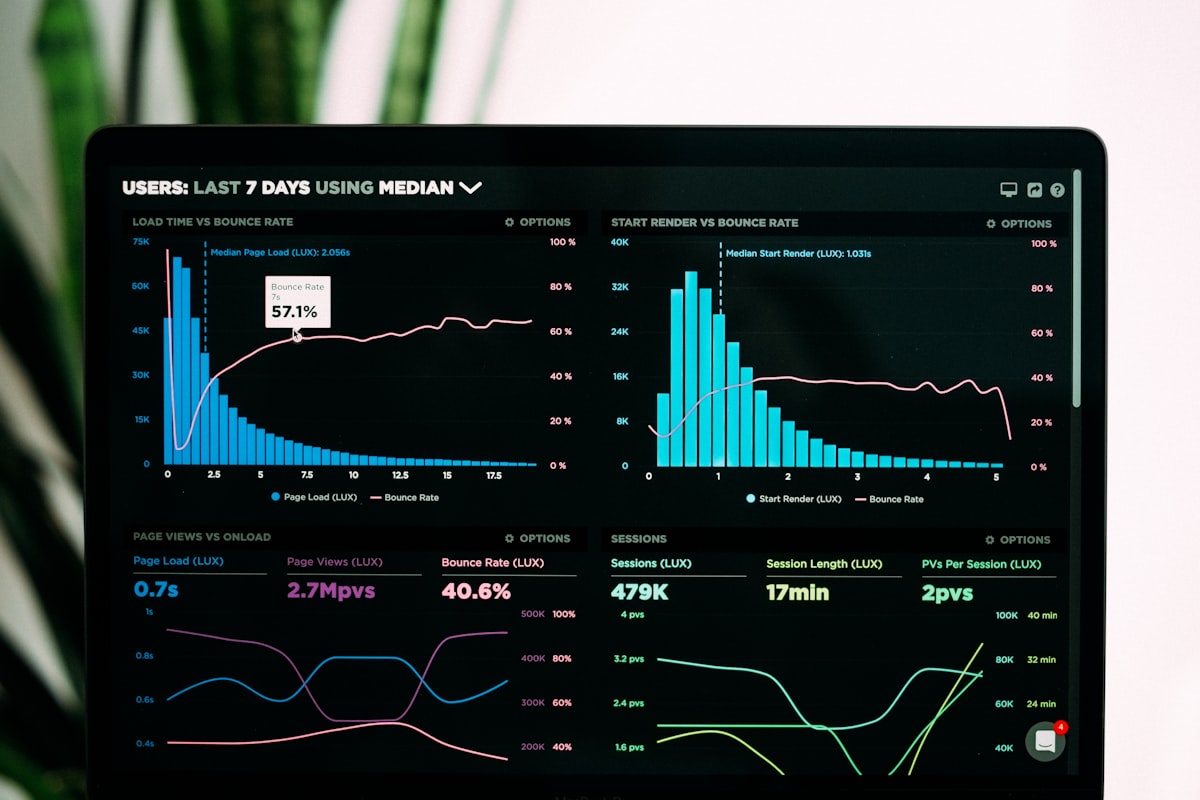This post demonstrates various Mermaid diagram types supported in this blog.
Flowchart
graph TD
A[Start] --> B{Is it working?}
B -->|Yes| C[Great!]
B -->|No| D[Debug]
D --> B
C --> E[End]
Sequence Diagram
sequenceDiagram
participant User
participant Browser
participant Server
participant Database
User->>Browser: Request Page
Browser->>Server: HTTP GET
Server->>Database: Query Data
Database-->>Server: Return Data
Server-->>Browser: HTML Response
Browser-->>User: Display Page
Class Diagram
classDiagram
class Animal {
+String name
+int age
+makeSound()
}
class Dog {
+String breed
+bark()
}
class Cat {
+String color
+meow()
}
Animal <|-- Dog
Animal <|-- Cat
Gantt Chart
gantt
title Project Timeline
dateFormat YYYY-MM-DD
section Planning
Requirements :a1, 2025-10-01, 5d
Design :a2, after a1, 7d
section Development
Backend :a3, 2025-10-10, 10d
Frontend :a4, after a3, 8d
section Testing
Testing :a5, after a4, 5d
Deployment :a6, after a5, 2d
State Diagram
stateDiagram-v2
[*] --> Idle
Idle --> Processing: Start
Processing --> Success: Complete
Processing --> Failed: Error
Failed --> Idle: Retry
Success --> [*]
Pie Chart
pie title Programming Languages Used
"Python" : 35
"JavaScript" : 30
"Go" : 20
"Rust" : 10
"Other" : 5
Git Graph
gitGraph
commit
commit
branch develop
checkout develop
commit
commit
checkout main
merge develop
commit
commit
Mermaid diagrams are great for visualizing complex concepts in blog posts!
